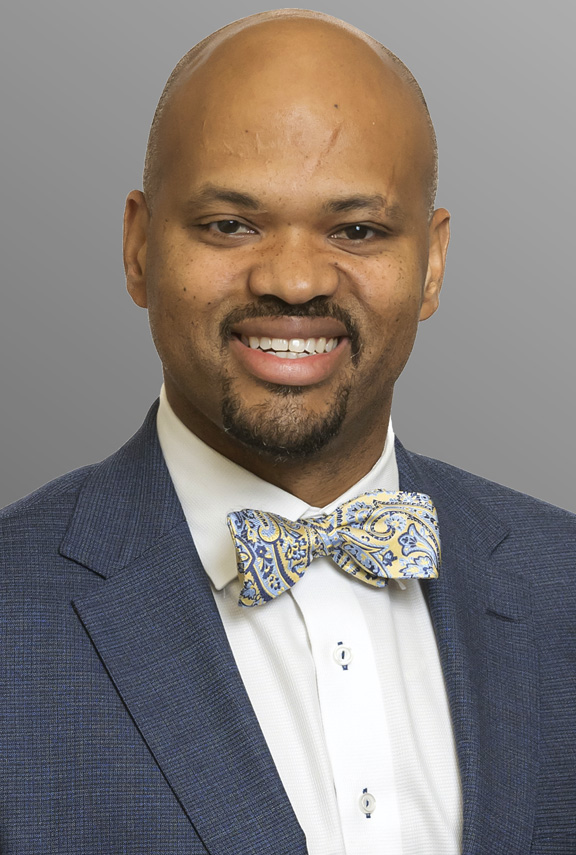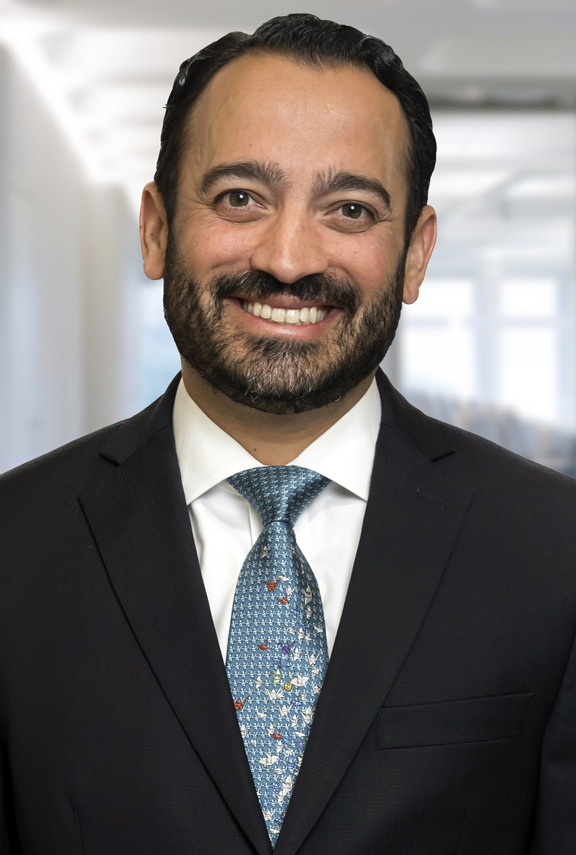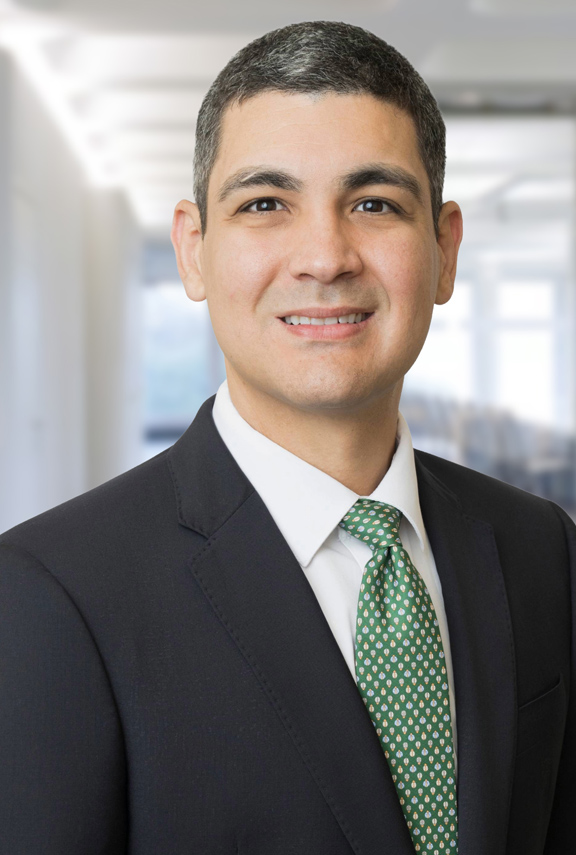For Our Patients
Clinical Trials and Research
What are
Clinical Trials?
The purpose of clinical trials is research.
Clinical trials are essential research studies that evaluate the safety and effectiveness of new treatments. Volunteers, either healthy or affected by a specific condition, participate to help determine how well a treatment works. Some trials test medications or therapies, while others gather population data to identify healthcare trends.
Our research efforts are supported by a dedicated team of experts, including a Research Site Manager, Clinical Research Coordinator, Research Assistants, Refractive Technicians, and Photographers. Each team member plays a vital role in ensuring you receive the highest level of care throughout your participation in the clinical trial.
Orlando
Principal Investigator and Clinical Research Director
Matthew A. Cunningham, MD, FASRS
Sub-Investigators
Elias C. Mavrofrides, MD
Samuel K. Steven Houston III, MD, FASRS
Jaya B. Kumar, MD, FASRS
Nisarg P. Joshi, MD
Luis G. León-Alvarado, MD
Thalmon R. Campagnoli, MD
Director of Clinical Research
Paula Espinal
Site Manager
Sierra Cooley
Jacksonville
Prinicpal Investigator and Research Director
Tomas A. Moreno, MD
Co-Principal Investigator
Benjamin J. Thomas, MD
Sub-Investigator
Raul J. Moreno, MD
James A. Staman, MD
Jonathan A. Staman, MD
Site Manager
Brianna Jorda
Wildwood
Principal Investigator and Clinical Research Director
Luis G. León-Alvarado, MD
Sub-Investigators
Jaya B. Kumar, MD, FASRS
Nisarg P. Joshi, MD
Thalmon R. Campagnoli, MD
Site Manager
Angie Hunter-Hall
About Clinical Trials
Clinical Trial Sponsorship and Access
Many clinical trials are sponsored by the National Institutes of Health (NIH), a federally funded organization. Others are supported by pharmaceutical and biotech companies that develop new drugs or treatments.
To explore available clinical trials, visit ClinicalTrials.gov, a trusted resource from the U.S. National Library of Medicine. This global database includes both publicly and privately funded clinical studies.
ClinicalTrials.gov provides up-to-date information for patients, families, caregivers, and healthcare professionals. Each listing includes:
A summary of the study’s purpose and protocol
Recruitment status and eligibility criteria
Study locations and contact details to assist with enrollment






